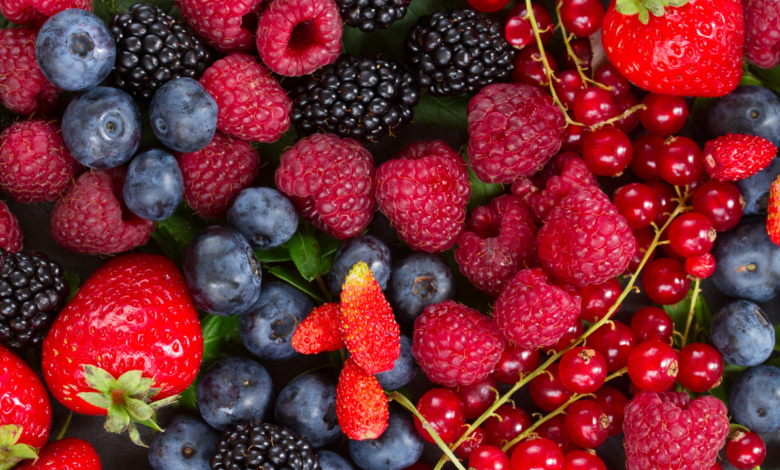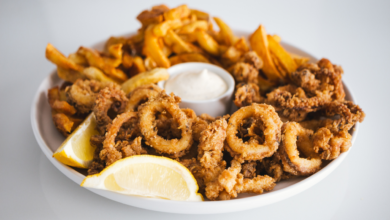Berries: Strawberries, blueberries, raspberries, and blackberries are rich in antioxidants and low in sugar.

Other names of this?
While there are no specific “other names” for strawberries, blueberries, raspberries, and blackberries, these fruits are collectively known as berries.
How it is useful in PCOS/PCOD?
· Antioxidants: Berries are packed with antioxidants, which can help combat inflammation and oxidative stress, both of which are linked to PCOS.
· Low in sugar: Berries are generally low in sugar, making them a healthier alternative to sugary snacks and drinks.
· Fiber content: Berries are a good source of fiber, which can help regulate digestion, improve insulin sensitivity, and manage weight.
· Nutrient-rich: Berries are rich in vitamins, minerals, and phytochemicals that can support overall health and well-being.
Important nutrients of this useful in PCOS/PCOD?
· Antioxidants: Anthocyanins, flavonoids, and vitamin C are among the antioxidants found in berries.
· Fiber: Berries are a good source of both soluble and insoluble fiber.
· Vitamins: Berries contain vitamins A, C, K, and folate.
· Minerals: Berries are a source of minerals such as potassium and manganese.
How much to take in PCOS/PCOD?
There’s no specific dosage recommendation for berries in PCOS/PCOD. However, incorporating a variety of berries into your daily diet is generally recommended. Aim for at least 2-3 servings of berries per day.
How to take in PCOS/PCOD?
· Fresh: Enjoy berries fresh as a snack or add them to salads, yogurt, or oatmeal.
· Frozen: Frozen berries are a convenient option and can be used in smoothies, baked goods, or as a topping for various dishes.
· Dried: Dried berries can be enjoyed as a snack or added to trail mix or yogurt.
Side effects of taking too much in PCOS/PCOD?
While berries are generally safe, excessive consumption can lead to digestive issues, such as diarrhea or bloating. However, this is unlikely with moderate consumption.





